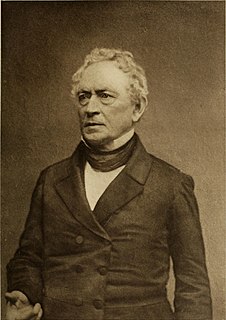A Quote by Dag Hammarskjold
The only kind of dignity which is genuine is that which is not diminished by the indifference of others.
Quote Topics
Related Quotes
A person with ubuntu is open and available to others, affirming of others, does not feel threatened that others are able and good, for he or she has a proper self-assurance that comes from knowing that he or she belongs in a greater whole and is diminished when others are humiliated or diminished, when others are tortured or oppressed.
The vested interests-if we explain the situation by their influence-can only get the public to act as they wish by manipulating public opinion, by playing either upon the public's indifference, confusions, prejudices, pugnacities or fears. And the only way in which the power of the interests can be undermined and their maneuvers defeated is by bringing home to the public the danger of its indifference, the absurdity of its prejudices, or the hollowness of its fears; by showing that it is indifferent to danger where real danger exists; frightened by dangers which are nonexistent.
When you have your own bus, then you have dignity. When you have your own school, you have dignity. When you have your own country, you have dignity.When you have something of your own, you have dignity. But whenever you are begging for a chance to participate in that which belongs to someone else, or use that which belongs to someone else, on an equal basis with the owner, that's not dignity. That's ignorance.
Contrary to what you may think, an immoral act of any kind will only lower your self-esteem. Be true to yourselves, and your respect for yourself will increase. Know that yours is a divine birthright. Cultivate a good opinion of yourselves. Others may make cutting remarks concerning you. This is only a sign of their ignorance and not of your qualities. Walk with that dignity which is becoming a young woman who is a daughter of God.
One who shows signs of mental aberration is, inevitably, perhaps, but cruelly, shut off from familiar, thoughtless intercourse, partly excommunicated; his isolation is unwittingly proclaimed to him on every countenance by curiosity, indifference, aversion, or pity, and in so far as he is human enough to need free and equal communication and feel the lack of it, he suffers pain and loss of a kind and degree which others can only faintly imagine, and for the most part ignore.
Correct is to recognize what diseases are and whence they come; which are long and which are short; which are mortal and which are not; which are in the process of changing into others; which are increasing and which are diminishing; which are major and which are minor; to treat the diseases that can be treated, but to recognize the ones that cannot be, and to know why they cannot be; by treating patients with the former, to give them the benefit of treatment as far as it is possible.








































